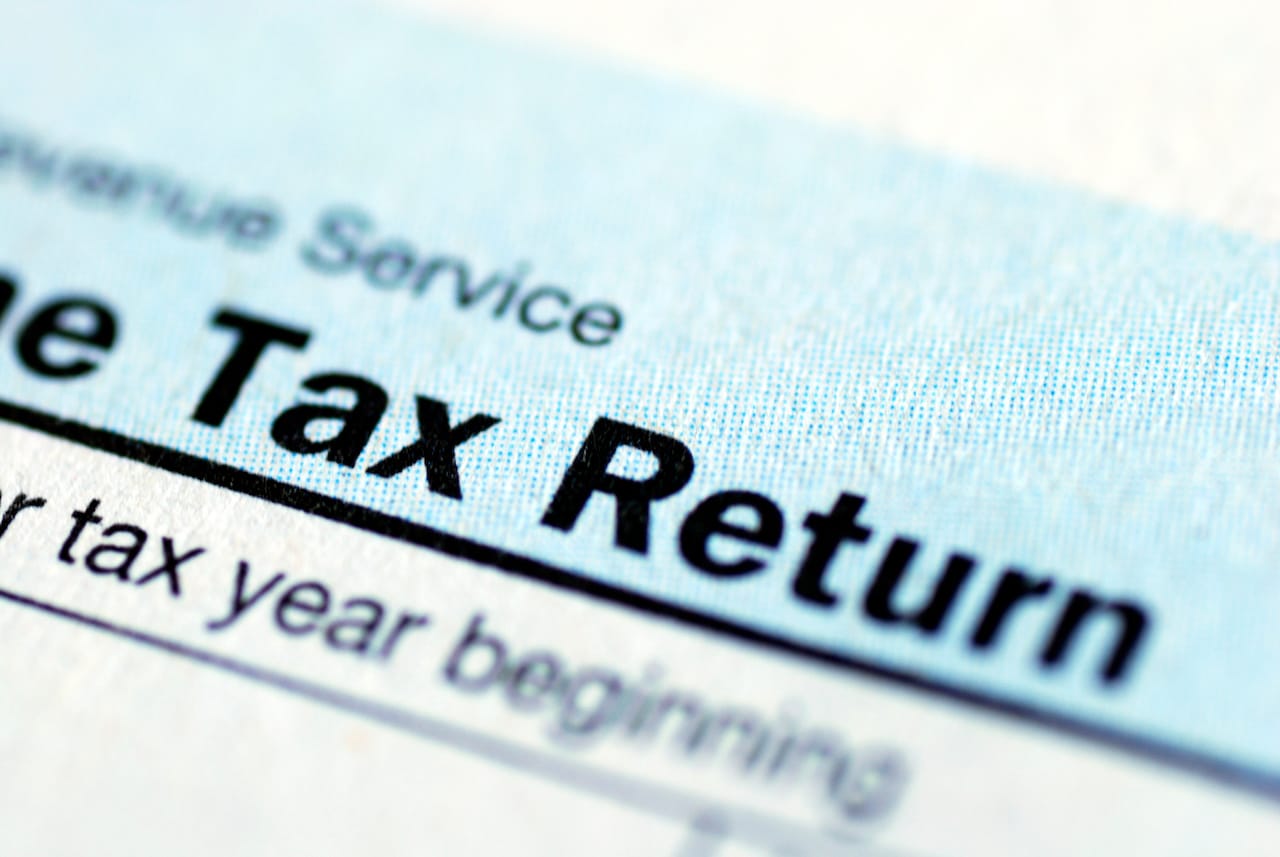Credit Sesame on when you do and do not need to file a tax return.
As if you’re not already busy enough, tax season is in full bloom. It’s time to gather your tax documents and file your tax return. You may not have to file one, however, if you have a low income matching your filing status requirements.
Even if you don’t legally need to file a return, you may want to file one anyway to get a refund owed to you.
If federal income tax was withheld from your paychecks or you want to claim a refundable tax credit, then there’s a good chance you may be entitled to a refund, especially if you fall below certain income thresholds set by the Internal Revenue Service.
For returns filed in 2022, about $345 billion was issued in refunds, with the average refund at $3,175. And who wants to leave $3,175 on the table? If you don’t file a tax return when you’re owed a refund, then you won’t get the refund.
Before you decide to file, you should at least consider some of the basic criteria for filing a tax return.
Minimum income levels
The minimum income required to file a 2022 federal tax return depends on your filing status and age as of the end of 2022. If you fall below the threshold, you generally don’t need to file a return.
Here are the minimum incomes needed to file taxes:
Single filing status
- $12,950 if under age 65
- $14,700 if 65 or older
Married filing jointly
- $25,900 if both spouses under 65
- $27,300 if one spouse under 65 and one 65 or older
- $28,700 if both spouses 65 or older
Married filing separately
- $12,950 for all ages
Head of household
- $19,400 if under age 65
- $21,150 if 65 or older
Qualifying widow(er) with dependent child
- $25,900 if under 65
- $27,300 if 65 or older
Not a U.S. citizen
Income and tax filing status are two big factors in knowing if you’re required to file a tax return. For people who live in the U.S. and earn money but aren’t a citizen, they may also need to file a return by using form 1040NR, the U.S. nonresident alien income tax return form.
People who are not U.S. citizens are called nonresident aliens by the IRS. They need an individual taxpayer identification number, ITIN, Social Security number, or SSN. Some countries have income tax treaties with the United States where residents of foreign countries are taxed at a reduced rate or exempt from U.S. taxes on certain types of income in the U.S.
Earned income tax credit
Just like you need to file a return to get a refund of withheld income taxes, you must also file taxes to get a refund of the earned income tax credit, or EITC. You may be eligible for this refund even if you don’t owe taxes.
Depending on your income and how many children you have, lower-income workers may get an EITC of $510 to $6,318. Even if you don’t have children, you may still be eligible for this refundable credit. The IRS has a free online tool to see if you qualify.
Basically, the income requirements to qualify for EITC are:
- Earned income under $59,187
- Investment income below $10,300
You’re self-employed
If your income is less than your standard deduction, then you generally don’t need to file a tax return. However, certain types of income require filing a return for other reasons, such as self-employed income.
Self-employed people must generally file an annual return and pay estimated tax quarterly if their net earnings were $400 or more. If they earned less than $400, they must still file an income tax return if they meet other filing requirements that are in a 113-page document the IRS provides.
Self-employed workers must figure their net profit or loss from their business by subtracting business expenses from business income.
If expenses are less than income, the difference is net profit and can be taxed. If expenses are more than income, then the difference is a net loss and can usually be deducted from gross income.
When Social Security benefits are taxed
Social Security benefits aren’t taxable income, and a tax return doesn’t usually have to be filed by people who receive these benefits. However, there are exceptions. Among them:
- Some benefits are taxable income if you’re married but file a separate tax return from your spouse who you lived with during the year.
- Tax-exempt income such as tax-exempt interest is received.
When a dependent may need to file a tax return
A child or adult who is claimed as a dependent on someone’s tax return must file a return when their earned income is more than their standard deduction.
In 2022, the standard deduction for single dependents who are under age 65 and not blind is the greater of:
- $1,150
- Or more than $400 in the person’s earned income, up to the deduction for an unclaimed single taxpayer of $12,950
Free online tool for help
If you’re unsure if you should file a tax return, the IRS has a free online tool to decide if your filing status and income require if you need to file.
The form takes about 12 minutes to complete and require you knowing:
- Your filing status
- Federal income tax withheld
- Basic information to help you determine your gross income
If you enjoyed Do You Need to File a Tax Return, you may be interested in:
- How to Find a Good Tax Preparer
- 10 Ways to Improve Your Family Finances in 2023
- Will There Be a Recession in 2023?
Disclaimer: The article and information provided here is for informational purposes only and is not intended as a substitute for professional advice.




















